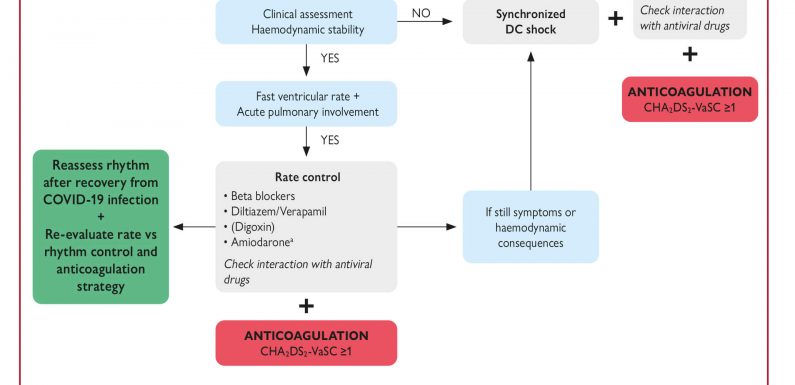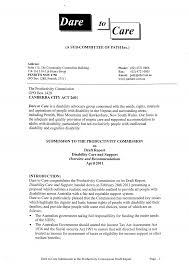
Independent living disability act allows residents to live independently while still receiving all the benefits of a regular employment. There are many types available for this type of disability care. These include skilled care, live-at home care, and services in a custodial care facility. This may include housekeeping, companionship, transportation and help with common activities such as shopping, cooking and errands.
Understanding the Disability Discrimination Act
A type of support, assistance and care that is provided inside the individual’s home, called live-in care, is a form or practical assistance. Specialist carers live in the home and provide assistance to the client 24 hours a day, seven days per week. The carer may provide safety and assist with daily personal care such bathing, dressing, and grooming. This In home care services Melbourne is also available for those who are unable to take care of themselves.
Understanding the Disability Discrimination Act
The Disability Care Act covers the physical independent disability services. This term encompasses a wide range, including access to equipment, safety precautions, maintenance and repair of proper environments, provision of equipment that promotes health safety and makes sure persons with disabilities have equal access to the things they enjoy. The Act also covers services and encouraging self-care for people with disabilities. It also covers modifications to physical environments that are appropriate for people who require specialised assistance in performing everyday tasks. It also covers measures to protect other persons from adverse consequences resulting from the usage of disabled facilities, equipment, or services.
Understanding the Disability Discrimination Act

Part of the Disability Discrimination Act addresses employment. Part of the Act makes discrimination against persons due to disability, their disability, and their physical or mentally condition illegal. Apart from employment and public utilities and facilities, Part of Disability Discrimination Act covers certain sections of the advertising, marketing, and educational industries. Part of the Disability Discrimination Act’s concluding remarks make it clear that anyone who has filed a claim for unfair dismissal, discrimination or any other type of discrimination can also file a claim under The Disability Care Act. The Act makes it clear that nothing in the Act prejudices the right of any person to bring an action under the Constitution or the Common Law.
Understanding the Disability Discrimination Act
The Disability Discrimination Act also applies to persons who live in care. It protects persons living in homes with permanent or temporary disabilities from losing their constitutional and human rights to live a decent lifestyle. In other words, people who live in live-in homes are not denied the opportunity to have equal opportunities as others.
The Act also addresses the rights of persons living with disabilities to participate and be included in certain programs and schemes. Part of the Act makes clear that individuals with disabilities can receive assistance through programs run either by government bodies, charities or voluntary organizations if they are unable to afford the program. Special needs grants can be provided by certain authorities, organizations, and bodies. These grants are meant as financial support to persons with disabilities for setting up, maintaining and improving special needs facilities. This is an option, but not a requirement. Anyone interested in applying should read the eligibility criteria.

